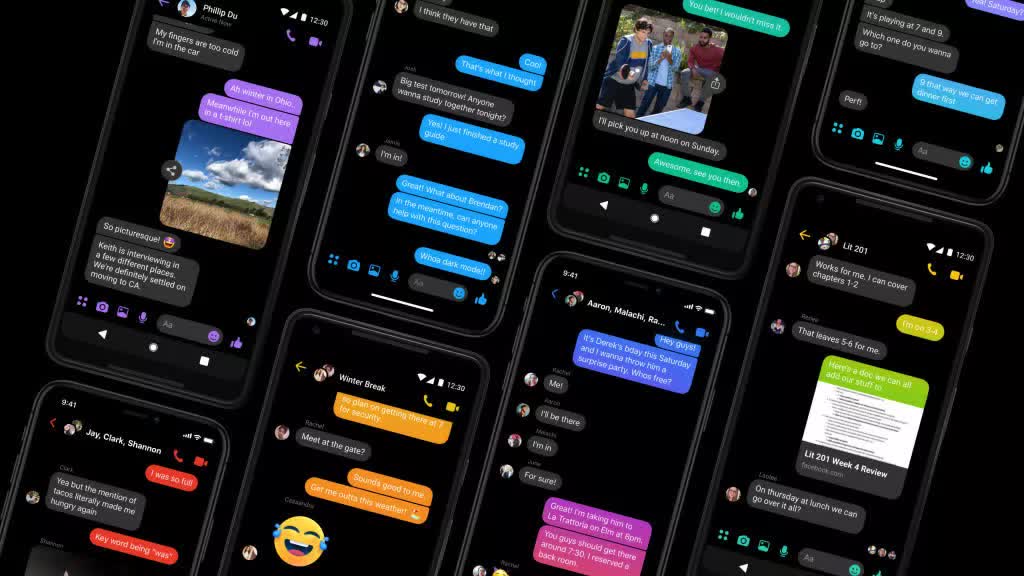A hot potato: Facebook broadly discloses the fact that it tracks people around the web even if they don't have accounts, by virtue of social plugins, Facebook-linked logins, Facebook Analytics, as well as ad measurement tools on some websites. However, its attempts to scale back a $15 billion class action lawsuit involving some of those practices have yet to succeed.
Earlier this year, Facebook reportedly considered taking Apple to court over iOS 14's App Tracking Transparency feature, after running an ample newspaper ad campaign to discredit the Cupertino's efforts as an anticompetitive practice. On the other hand, Facebook is embroiled in a legal battle of its own over the extensive use of user tracking for targeted advertising.
According to Reuters, the US Supreme Court turned away an appeal made by the social giant in a $15 billion lawsuit that alleges it had repeatedly violated a federal wiretapping law by tracking the internet activity of users beyond Facebook, even when logged off. This also brought the attention of the FTC, compelling the social giant to make several changes to its privacy policy and give users more control over the data collected by the company.

The class action started out as individual lawsuits dating back to 2011, which were then combined into a new filing in a Federal Court in San Jose, California. The plaintiffs accuse Facebook of violating the Wiretap Act by creating plugins for websites that added "Like" and "Share" buttons from the social platform, but at the same time tracked a user even if they didn't click on them.
Facebook tried to invoke an exception to the 1968 law, arguing that it's not liable under it because it was "not an uninvited interloper to a communication between two separate parties," but rather a "direct participant" to it. The social giant also noted that use of the data it receives is limited to tailoring content and ads for Facebook users, and as such the lawsuit would create a dangerous precedent that could outlaw commonplace data-sharing practices that enable most online advertising.
However, the San Francisco-based 9th U.S. Circuit Court of Appeals rejected the argument and explained that the exception doesn't apply when a company is stealthily collecting data, as is alleged in the class action lawsuit. At the same time, Facebook's tracking methods don't afford users a "meaningful opportunity to control or prevent the unauthorized exploration of their private lives."
